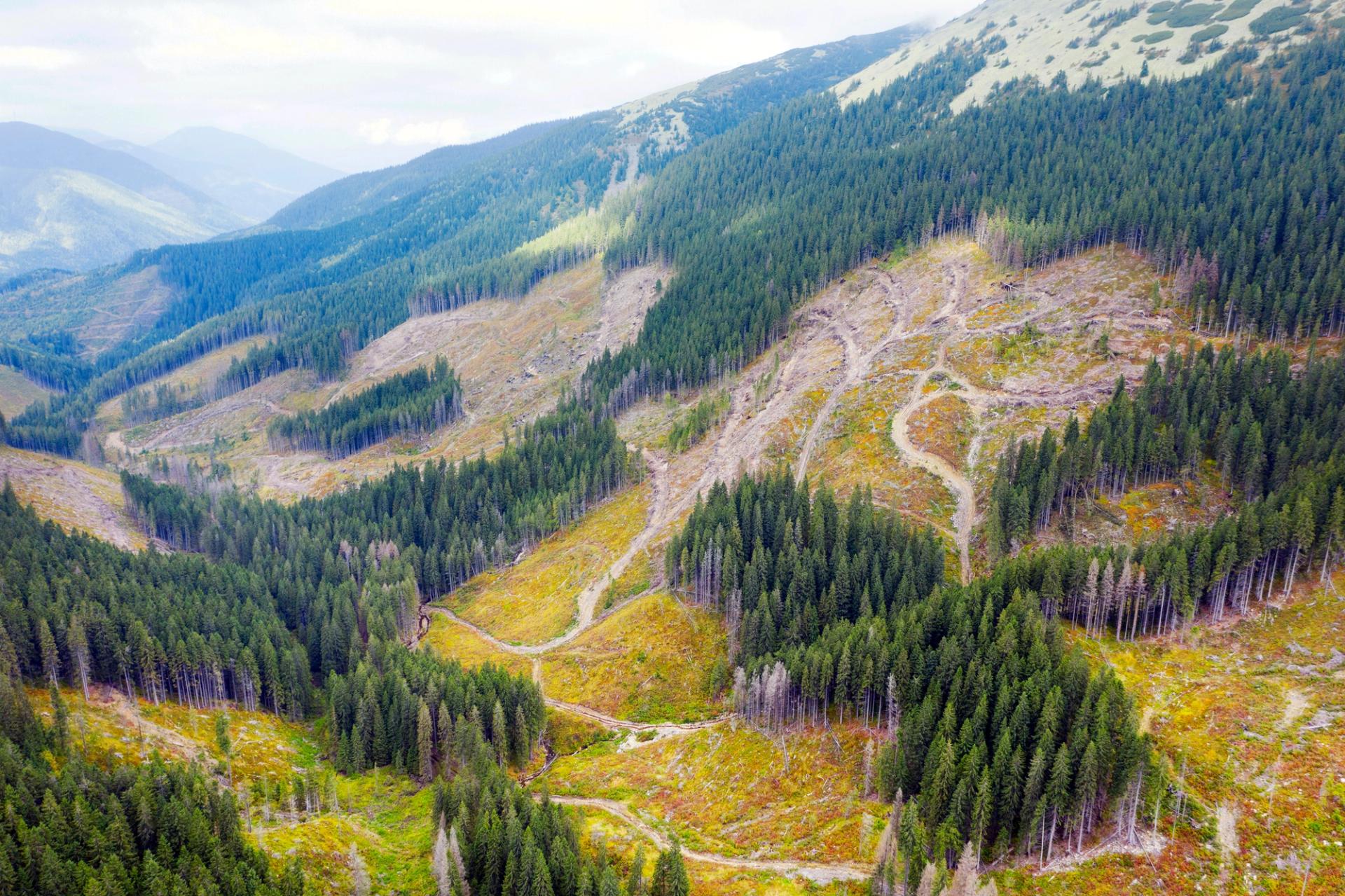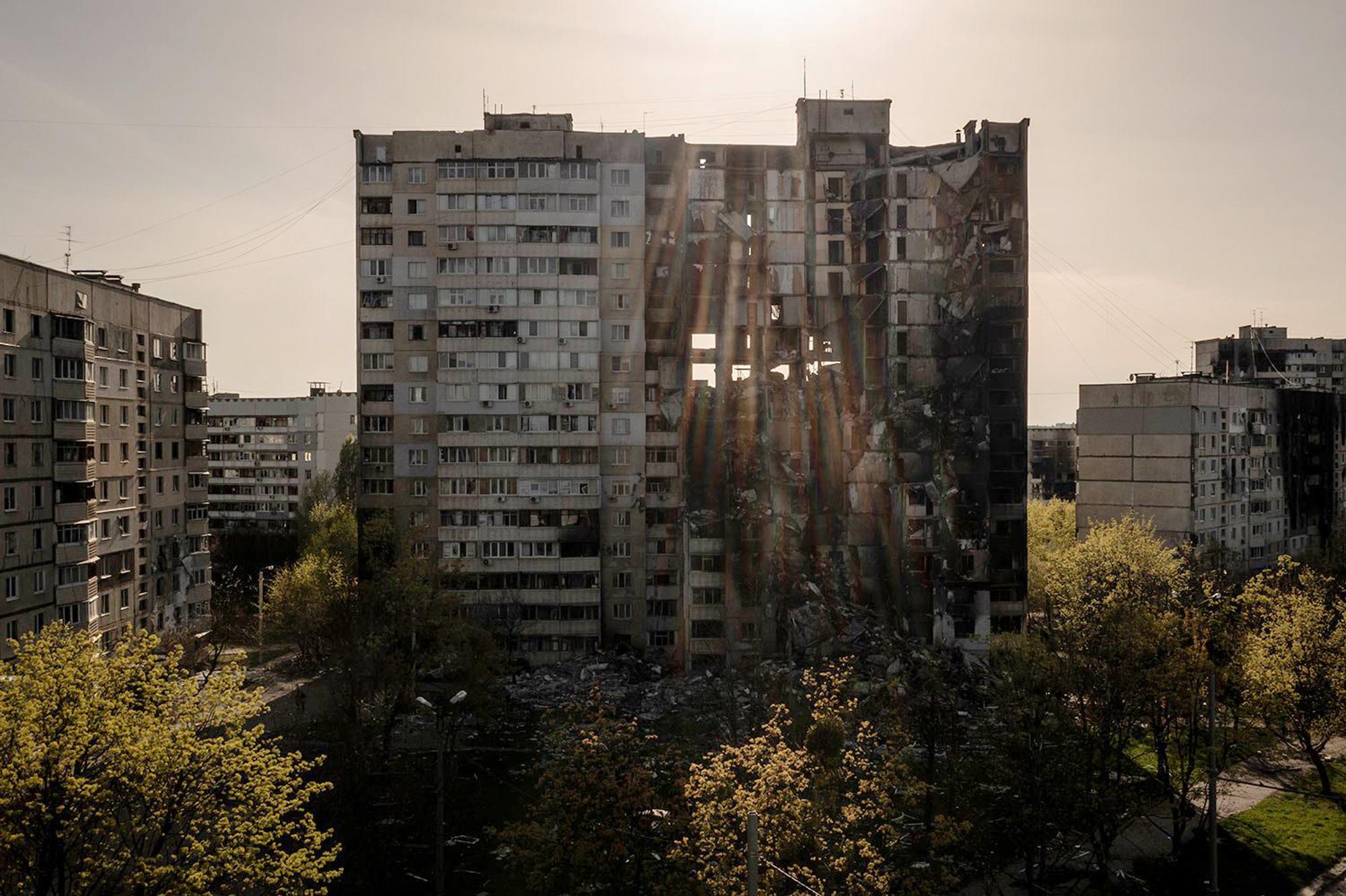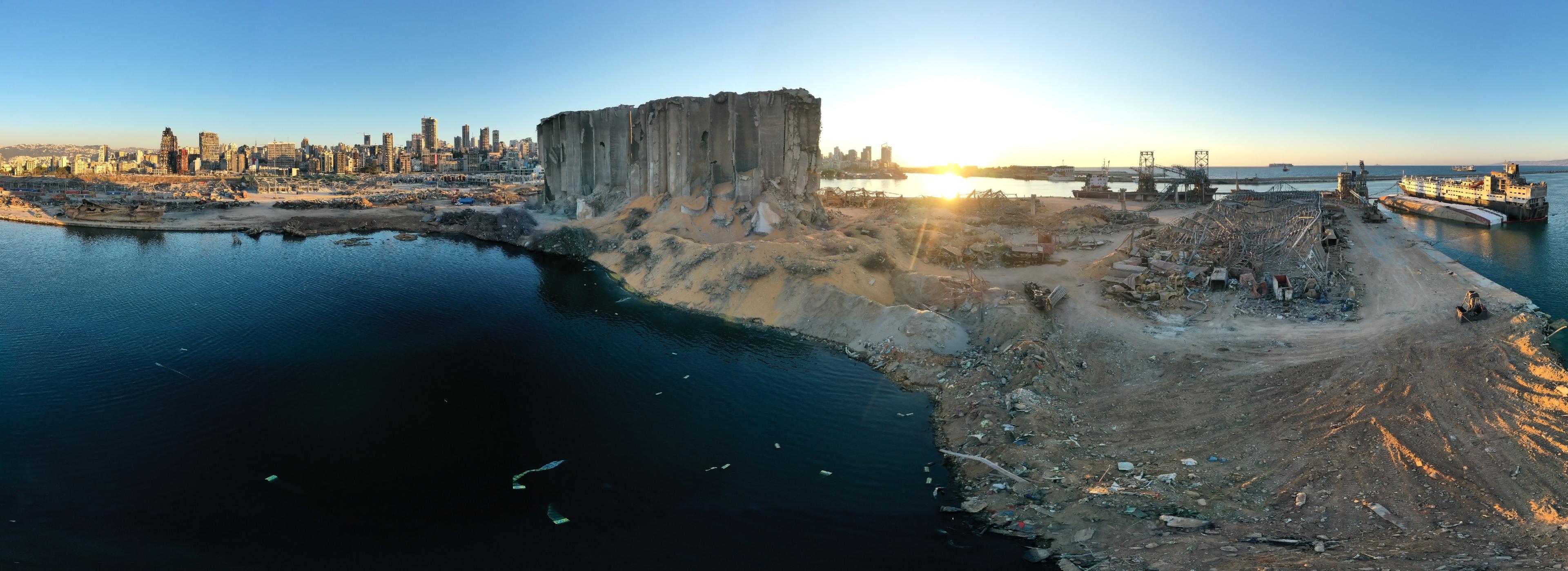Blog
War, corruption, and reconstruction: protecting Ukraine’s ancient forests

Look around! Wherever you are – home, office or elsewhere – it’s likely you have at least one piece of wooden furniture: desk, chair, cupboard, shelves…. But have you ever wondered where the timber used to make your furniture came from? Whether its origins were legal? And whether corruption was involved?
Corruption in the forestry sector is widespread around the world. Ukraine was no exception. Corruption and illegal activities were found at all stages of the forestry supply chain prior to Russia’s invasion, but the country had started a reform process to address these challenges which was derailed by the war. In addition, Russia’s invasion brings new challenges. More governance efforts are needed now to plan for a reconstruction in which Ukraine’s forests are protected, benefitting all of society.
Challenges faced by Ukraine’s ancient forests before the war
Ukraine, the region of Carpathia in particular, is home to some of Europe’s best-preserved primary forests. Their rich ecosystems support bear, lynx, and wolf. However, the NGO Earthsight uncovered (in its 2018 report) significant illicit activities in these forests, including illegal logging and timber exports. Its 2020 report traced products sold in Ikea to illegally cut Ukrainian timber. The European Union (EU) is the largest destination for Ukrainian timber exports, representing 70% of the total Ukrainian timber export. Earthsight estimates that at least 40% of the timber imported into the EU was harvested or traded illegally.
Before Russia’s invasion, corruption was found at all stages of the forestry supply chain in Ukraine. The EU technical assistance and information exchange expert mission pointed to a “culture of widespread corruption and illegal logging” and noted that “illegal logging ‘with papers’” is a major issue, involving public sector employees and forgery of documents.
A few examples from the EU mission and Earthsight’s reports show where corruption could creep into the supply chain:
- All forest-related activities and operations, such as policy, monitoring, and control, are in the hands of one authority – the State Forest Resources Agency of Ukraine. Conflicts of interest are therefore a significant risk.
- The practice of ‘sanitary felling’ was misused. Rather than removing diseased trees to protect the rest of the forest, as intended, logging companies paid bribes for these permits and logged healthy trees instead.
- Exports of illegal timber were facilitated by bribing customs officials to issue fraudulent certificates of origin.
- Higher-value logs were deliberately misclassified as fuelwood to get around the export ban on logs.
- Shell companies were used as intermediaries to buy timber and sell it to EU importers.
Before the war, positive signs of change
Following the EU expert mission and the revelations of Earthsight, the EU pushed for structural reforms and recommended (in December 2020) EU importers to stop importing Ukrainian timber into the EU if the risk of corruption and the associated illegal forest practices cannot be mitigated. Ukraine initiated a reform strategy, including independent forestry law enforcement and increased transparency of forestry-related information. In June 2021, a Swedish court fined a timber importer for buying timber in violation of the European Union Timber Regulation and 43 people were convicted in Ukraine in 2021 for illegal logging.
The twin threats facing forests: war and corruption
The war is already damaging and destroying Ukraine’s forests: ‘about 30% of all protected areas suffer from the effects of war’. And amid the conflict, there is increased risk of illegal logging, corruption and other illicit practices, and the possibility of reforming the forestry sector appears more distant. 30 Ukrainian NGOs have warned of the risk of corruption and biodiversity loss.
Some laws intended to support the country’s defence capabilities have cancelled protective environmental laws in the process. For example, Law No. 7144 now allows logging during the ‘silence period’ (in which no logging can take place to allow for animal breeding and biodiversity conservation). Additional amendments are expected, further reducing environmental protections and potentially opening the door for abuse and manipulation.
Information related to forest activities is no longer accessible to the public, and NGOs monitoring forest activities have had to suspend their work, unable to access the forests. Trees are still being felled, but the scale of legal and illegal logging and corruption can’t be known. All the while, according to Earthsight, timber trade between Ukraine and the EU has continued, at the same volume as in April/May 2021.
We know very little about the corruption and illegal practices taking place in the forestry sector in Ukraine in times of war. We – countries supporting Ukraine (in particular the EU), anti-corruption and environmental experts and organisations - must do more not only to support civil society such as UNCG and RISE Ukraine but also to understand what’s happening. For instance, who is doing the logging, where and for what purpose? Could timber be used to fund the war by Russia (‘blood timber’ or ‘conflict timber’ as it happened in Liberia and Sierra Leone, Central African Republic and Myanmar)?
And crucially: What will be the risks when reconstruction does begin?
Anti-corruption in reconstruction – prioritising forest protection
Corruption in Ukraine was the subject of research before the war, and reconstruction is already being considered. The intersections of anti-corruption and reconstruction are also under discussion (here and here), which is a step in the right direction. So far, though, the forestry sector has been left out of these conversations, despite the importance of addressing illegal logging and corruption, and despite a call from 25 NGOs to include strong environmental and social conditions in recovery planning. For example, in the environmental recovery paper of the 2022 Ukraine Recovery Conference, the word ‘forest’ is only mentioned in relation to climate mitigation.
When reconstruction begins, it is certain to start with the repair and building of infrastructure (bridges, railways, roads, homes). The demand for timber will increase, and so will the risk of illegality and corruption.
Corruption, deforestation, and illegal logging must therefore be made a priority for policy discussion, programming and implementation, especially in light of the EU Rebuild Ukraine Facility. The EU should also enforce its legal framework to avoid contributing to illegal logging and corruption in Ukraine.
Thinking, planning, implementing, and reconstructing in a smart and sustainable way – and engaging civil society – are vital for the environment, wildlife, and the people of Ukraine. Our solidarity with Ukraine should include solidarity with its ancient forests.
Disclaimer
All views in this text are the author(s)’, and may differ from the U4 partner agencies’ policies.
This work is licenced under a Creative Commons Attribution-NonCommercial-NoDerivatives 4.0 International licence (CC BY-NC-ND 4.0)


